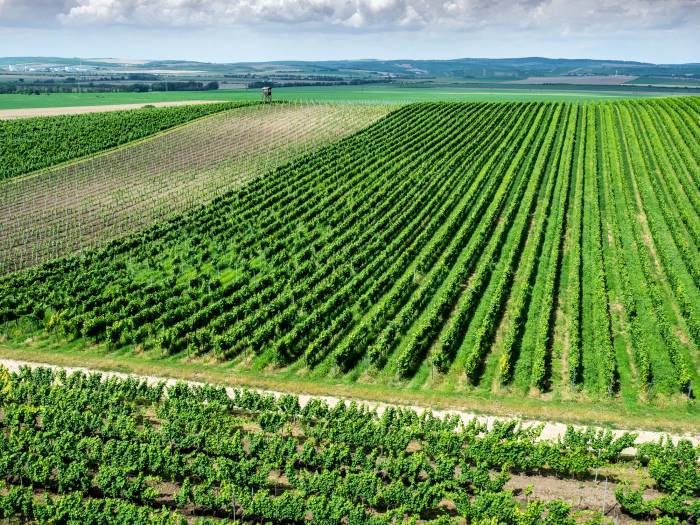Mediterranean Vineyards Turn to Green Manure for Climate Resilience
European project Climed-Fruit promotes sustainable practices to help winegrowers adapt to drought and extreme weather conditions
2025-09-04

The Mediterranean region is facing significant challenges in agriculture due to climate change, with perennial crops like grapevines among the most affected. In response, the European project Climed-Fruit is working to gather and share practical solutions that can be implemented immediately to help the sector adapt and mitigate the effects of climate change. The project is managed by a multidisciplinary consortium that includes advisors, farmers’ associations, research institutes, educational organizations, and a standardization body. Climed-Fruit builds on the work of nine Operational Groups across Europe, aiming to facilitate direct knowledge transfer between researchers and professionals in the field.
One of the key practices highlighted by Climed-Fruit is green manure, an approach that has shown promise for improving vineyard resilience under extreme weather conditions. This method, developed by the GASCOGN’INNOV operational group, involves sowing specific plant species between vineyard rows. These plants are later incorporated into the soil as organic matter. The use of green manure in Mediterranean vineyards is proving to be an effective strategy for enhancing soil health and increasing its water retention capacity.
Farmers who have adopted this practice report several benefits. Green manure improves soil fertility by adding organic material and nutrients back into the ground. It also boosts biodiversity within the vineyard ecosystem, supporting beneficial insects and microorganisms. Another important advantage is increased resistance to soil erosion, which is a growing concern as heavy rainfall events become more frequent in the region.
In addition to these benefits, green manure acts as a natural barrier against water stress. By maintaining higher levels of moisture in the soil during dry periods, it helps grapevines cope with drought conditions that are becoming more common due to rising temperatures and changing precipitation patterns. This is particularly important for Mediterranean vineyards, where water scarcity can threaten both yield and grape quality.
The Climed-Fruit project is focused on making these solutions accessible to winegrowers throughout the Mediterranean basin. Through workshops, field demonstrations, and digital resources, the consortium is working to ensure that knowledge about green manure and other climate-smart practices reaches those who need it most. The goal is not only to protect current production but also to secure the long-term sustainability of viticulture in a region where wine has deep cultural and economic roots.
Researchers involved in Climed-Fruit emphasize that while green manure is not a one-size-fits-all solution, it offers a practical tool for many growers looking to adapt their vineyards to new climate realities. The project continues to collect data from pilot sites across Europe, refining recommendations based on local conditions and feedback from farmers.
As climate change continues to reshape agriculture in southern Europe, initiatives like Climed-Fruit are playing a crucial role in bridging the gap between scientific research and everyday farming practices. By promoting proven techniques such as green manure, they are helping Mediterranean winegrowers build more resilient vineyards capable of withstanding future environmental challenges.
Founded in 2007, Vinetur® is a registered trademark of VGSC S.L. with a long history in the wine industry.
VGSC, S.L. with VAT number B70255591 is a spanish company legally registered in the Commercial Register of the city of Santiago de Compostela, with registration number: Bulletin 181, Reference 356049 in Volume 13, Page 107, Section 6, Sheet 45028, Entry 2.
Email: [email protected]
Headquarters and offices located in Vilagarcia de Arousa, Spain.